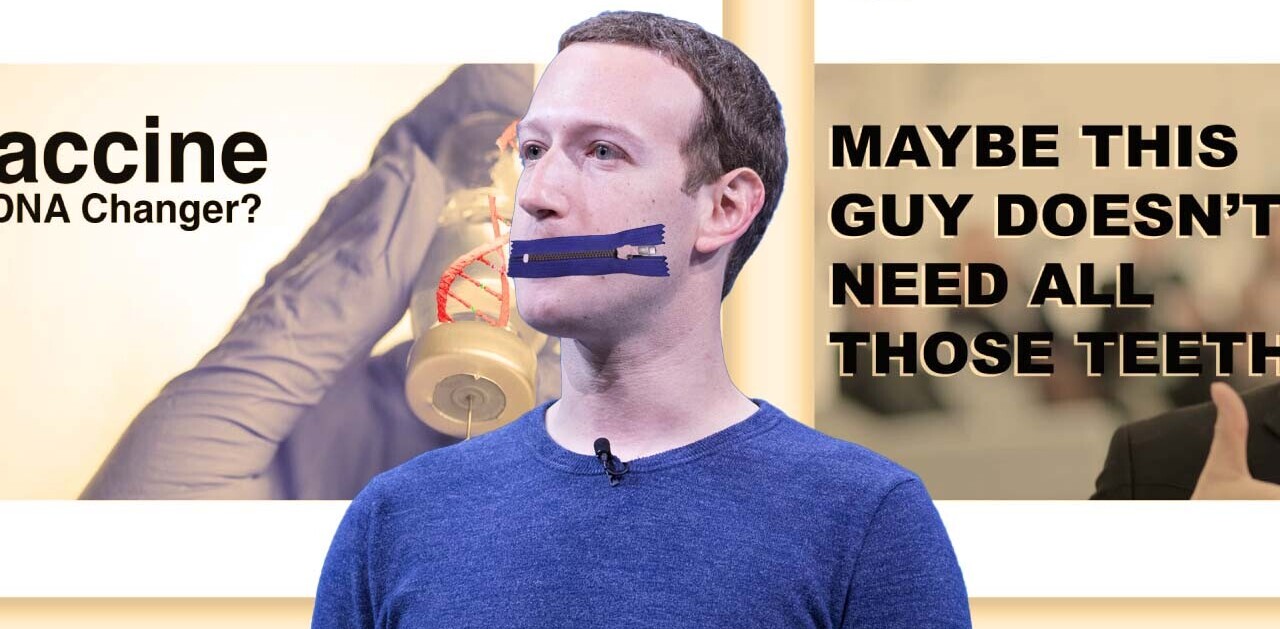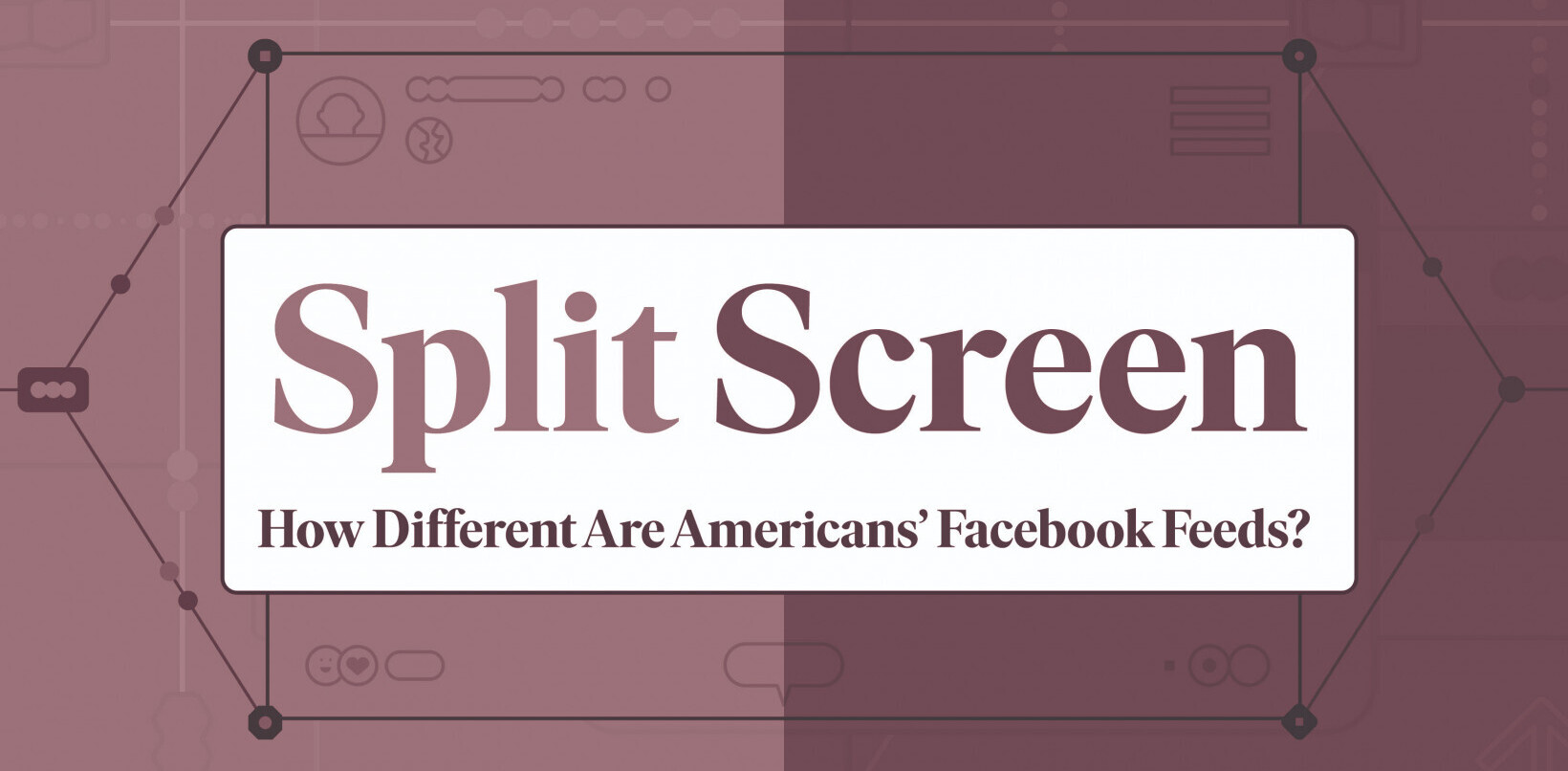
Facebook today announced it has redesigned its ad buying and reporting tools to be objective-based and has given marketers the option to select the placement of their ads. Both features are now available via all ad creation tools, including the Ads Create Tool, Power Editor, and the API.
The company explains the move is in direct response to feedback from businesses that say they don’t want to choose an ad unit when creating an ad. Instead, they wanted to meet an objective. Facebook spoke with marketers “of all types and sizes” and narrowed down the objectives that matter most to them to just eight: Clicks to Website, Website Conversions, Page Post Engagement, Page Likes, App Installs, App Engagement, In-store Offer claims, and Event Responses.
The ad buying process on Facebook will now start with a simple question: What’s your advertising objective? The company’s tools will recommend an appropriate ad type (like a Page post link ad to drive clicks to a website) based on your objective and then help determine how your ads performed against it.
In this same vein, Facebook has updated Ads Manager, its tool for advertisers to measure the performance of their ads and campaign. It now maps results directly to the objective they chose when they created the ad: it lists the objective, the number of times the objective was met, and the cost per stated objective.
Here’s how it looks:
Facebook will place the ad where it sees it will perform best – whether in the mobile News Feed, desktop News Feed, and/or on the right column on the Web. That being said, marketers will now also be able to choose where their ad appears, if they want to better tailor ad experiences based on where people will see their message.
The redesign is part of a broader effort to make advertising on the social network as simple as possible, according to Facebook. It began in June, when the company announced its efforts to streamline Facebook ad types (read: remove over 13 ad formats). In July, Facebook streamlined its ad products, removing online offers, sponsored results, and question ads. In August and September, Facebook started letting marketers upload one image size that would work for all ad types.
Now it has updated its ad tools. If anything is left, we would bet it will largely be focused on mobile, as that’s where the company needs to keep increasing its revenue.
Top Image Credit: Brendan Smialowski/Getty Images
Get the TNW newsletter
Get the most important tech news in your inbox each week.






